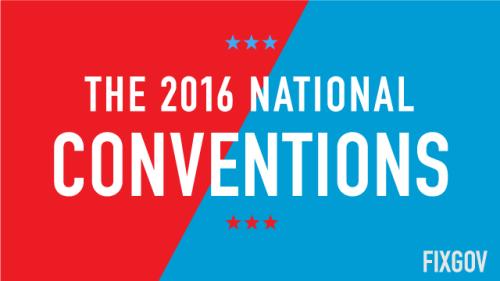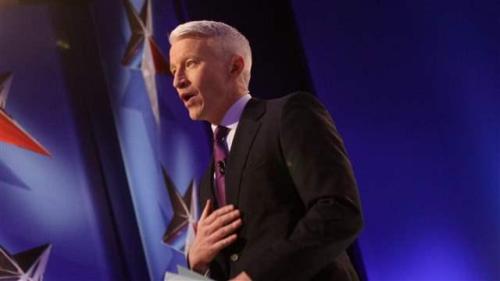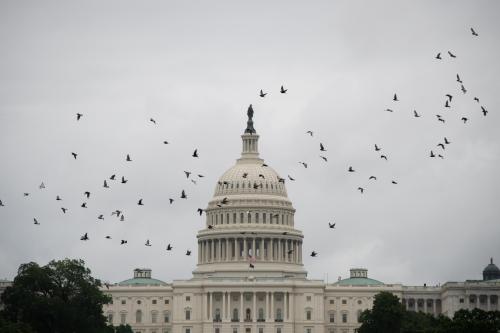First Lady Melania Trump’s remarkable personal story gave her the opportunity to strike a personal tone on a critical issue at the Republican National Convention: voting rights. Tonight, she offered a broad speech about her husband’s record in office. That speech was one of the few at this convention to include an eloquent and compassionate nod toward the victims of COVID-19. She recognized the sacrifice of frontline workers during this time and discussed the shared efforts of Americans. The speech also included a brief discussion of the anniversary of the ratification of the 19th Amendment and her own path to America.
Melania Trump is the only First Lady not born in the United States, Britain, or British America, making her perspective unique in the annals of presidential history. She was born in communist Yugoslavia, which in 1970 was ruled by the authoritarian President (and later, president-for-life) Tito. This regime suppressed free expression, protests, and communist party division. It operated a system in which elections were largely nickelodeons, in which puppet masters installed their preferred candidates. Voting, while a part of Yugoslav (Slovenian) life for her family, was mere window dressing, compared to that of a democratic system.
Mrs. Trump understands firsthand the challenges of authoritarianism and the value and importance of both the vote and of free and fair elections.
Mrs. Trump’s recognition that this year marks the 100th anniversary of the ratification of the 19th Amendment, which granted women the right to vote, was powerful. After decades of efforts from the suffrage movement, women were finally granted the same rights all male citizens had been granted since the 1860s and white male citizens maintained since the founding. This was an important step forward in the expansion of democratic rights in the United States. (In recognition of the 100th Anniversary of the women’s vote, Brookings introduced the 19A essay series.)
These histories—personal and institutional—created an excellent opportunity for the First Lady to change the narrative around voting and the Republican Party. As her husband’s campaign is mired in negative press about the politicization of the United States Postal Service, attacks on mail-in voting amid a pandemic, and ongoing (false) charges of voter fraud perpetrated by Democrats, Mrs. Trump had the opportunity to engage Americans on the importance of the right to vote, the importance of exercising the vote, and its meaning in a democratic system.
Mrs. Trump is a unique First Lady, but not a unique American. A lot of Americans have a story of fleeing autocracy for the freedoms and opportunities that the United States offers. And for Americans who have not experienced that firsthand, their mothers or grandmothers or great grandmothers likely did.
In many ways, the Trump administration has not put the First Lady in as prominent a position to discuss women’s issues as is possible. Her history and story could serve as an inspiration to many women.
She also strikes a tone when speaking that seems more steady, stable, empathetic, and thoughtful than some of the president’s other female surrogates such as Kellyanne Conway or Kimberly Guilfoyle. (Although another convention speech struck many of those notes, it came from Tiffany Trump—another family member who has largely remained anonymous as she pursued a law degree.)
Melania Trump has a chance to connect with millions of Americans through more speeches about women’s rights and the importance of the women’s vote that can turn the current political narrative on its head. Her personal story is one that few Americans share, but many of the nations’ citizens could learn from. As an immigrant who was born into communism, she has a better foundation to speak about democracy and the vote than any other member of the Trump family. And that message would be strengthened by her personal charisma that exudes a care for American values, even when it is at arms’ length from Republican orthodoxy or her husband’s own behaviors (i.e., Mrs. Trump’s anti-bullying efforts).
Mrs. Trump used the grand stage of the GOP convention to briefly discuss women’s voting rights, their issues, and the importance of their voice being heard. As one of the president’s most effective surrogates, she has the chance to make more headlines in her own right, speaking powerfully about an issue currently under debate, and demonstrate for millions of Americans that one more way they can ‘Be Best’ is to value and exercise their own voting rights. Whether her talents can be used to help Trump win the women’s votes he currently seems to be losing is a big question. But her performance tonight and the symbolism innate in her biography are a good start.







Commentary
Melania Trump can teach the president about how to talk to women voters
August 26, 2020